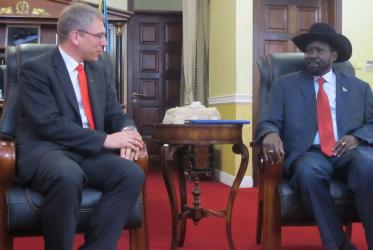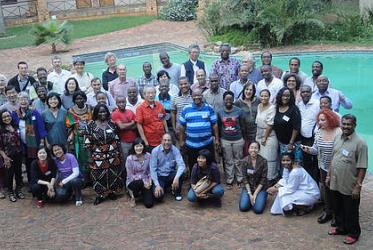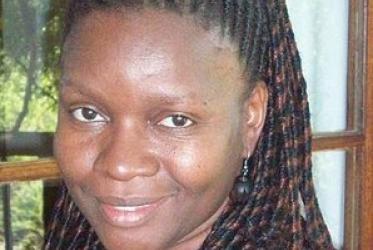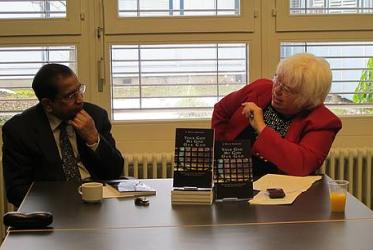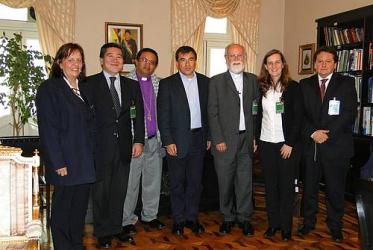Displaying 1861 - 1880 of 2209
Churches must create and sustain healthy communities
09 April 2013
A church that listens fosters healthy communities
15 March 2013
Churches engage in development dialogue on Africa
06 March 2013
Living with God in the context of HIV and AIDS
27 February 2013
Working for climate justice is an ethical and spiritual imperative
27 February 2013
Wesley Ariarajah invites theological renewal
27 February 2013
EWN invites biblical reflections on water
13 February 2013
Transforming lives affected by HIV and AIDS
13 February 2013
Statement on global economy delivered to Bolivia
15 January 2013
Complexities of current Jewish-Christian dialogue highlighted
07 January 2013
WCC and RABIIT express sadness over the death of Kaduna’s governor
19 December 2012
WCC mourns the death of Indian ecumenical leader Mathai Zachariah
18 December 2012
